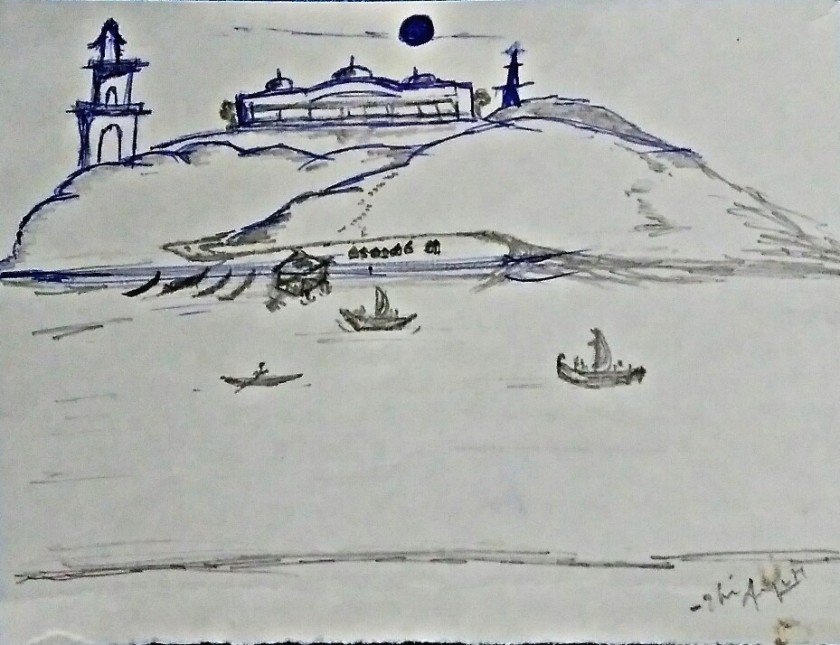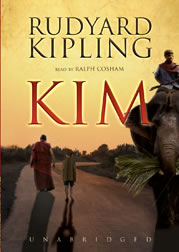I was always worried of the fact that the number of movies that I watch during theatrical release have been on a decline for the past few months. But watching movies like Pink very much fills the void of missing movies. With a set of limited yet very positive and tempting words from friends, watched the movie last Wednesday. Though I am late in both watching and writing on the movie, I still believe that I always write my view on a movie and not evaluate.Thus, time of post hardly matters.
Pink is a standard example of “Right colors make right shades”. Editing, cinematography and music makes the movie so indulging, intense yet light. For an audience very much used to courtroom drama movies with lengthy dialogues and scenes, editing by Bodhaditya Banerjee and screenplay have provided a space to think. Screenplay forms the axis holding the plot together as it unfolds. The idea of letting audience guess and visualize the prologue until the end credits has worked in favor of the movie. Kudos to the team for compiling a movie like the movie as it is. Amitabh Bachchan, Dhritiman Chatterjee, and the ladies have done a great acting display.

For any person born and brought up in a society that has its own hard set of rules which are considered to be establishments of tradition, Pink is a striking question over the basic flaws that we have failed to confront. The movie though routed as a courtroom drama movie, it is not a movie on judgement and moral policing but a movie on introspection. A very much needed introspection indeed. The movie through it’s dialogue introspects the very stereotyped understanding that is built for generations now.
The plot runs along in an even pace with three people and three normal ways of life until an event that challenges their own self.Three women, Tapsee as Minal Arora, a working independent women living on her own., Kirti Kulhari as Falak Ali, an women held between love, life and commitments., Andrea Tariang as Andrea Tariang, outspoken and expressive are pushed into a situation where series of events brands them to be outcasts for just being themselves. The whole movie unfolds as Amitabh Bachchan as Deepak Sehhal , a retired lawyer with mood swings makes us introspect our own society as he argues through the case.
The dialogues and quotes provided by Deepak to substantiate his side of argument does ring a bell with any one of those situations where the society that we live in has always negatively branded girls for doing things that are considered common for men but sin for women. Pink strikes hard on the fact that stuffs ranging from drinking alcohol, moving along with person of the opposite gender, late night roams,staying out late with opposite gender, having relationship more than once that are identified as a greater sin for women but a mere mistake for men. The sequence and perception of people towards Falak for being in love with a very much elder person , Andrea for her being from north east, Minal being independent women staying away from family on her own, raises questions over the basic integrity of our moral systems that we project to be the best. The dialogue “Our girls are fine, the boys are the one to be saved”, projects start point of all the dominant thoughts that are inculcated into a person by the prejudiced society and the need to have pause and look into it. Though, one could easily argue that these discrimination are on the way into nothing, it definitely will not be as long as the tradition is passed with just prejudice rather than rationally evolved understandings. The scene of Deepak staring at cockroach in the courtroom seemed an analogy to that (cockroach being one among the undisturbed organism throughout the history of earth, so is societal prejudice). The first half of the movie stands an example for the very stuff, where in the trio goes through an emotional stress of fearing anything and everything around them out of anger and frustration embedded together.
The other parallel thread of the movie deals with sexual relationship and the way society sees it. The way sexual relationship is perceived by the larger community and has been accepted to be male dominant, has been well slapped right across the face. The dialogue “No, she said no!” hits one hard with the reality and speaks for all the women forced into sexual relationship irrespective of whether it is post / pre marital or even paid sexual relationship. The sequence where Falak breaks down in the courtroom, the agonized look on the lady constables face speaks a million.
Though the movie is heavy on thoughts is very lightly made, and provides a large space for the audience to introspect and think. Overall the movie strips off all the pre defined imaginary rule sets that easily portrays a women in bad light without much thought into it and provides a space to understand that ‘Pink is never weak but is only made to believe’.And it all boils down to ” A No is a No”.
#Pink – Confront & Confess

